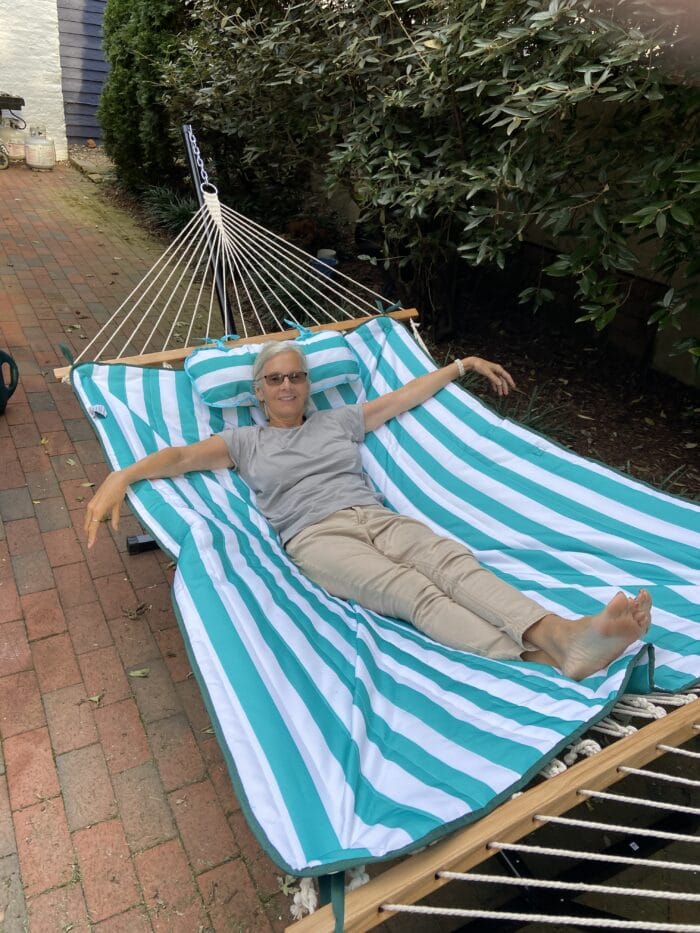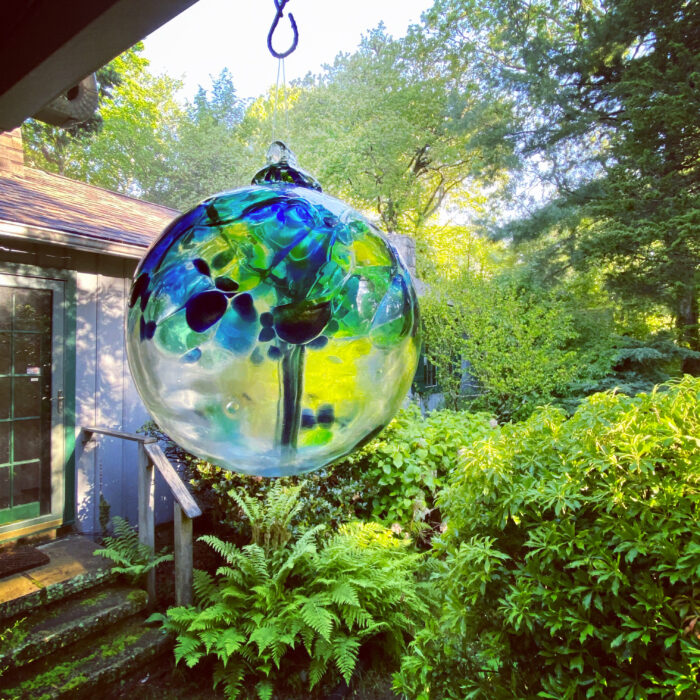
One of my goals/intentions/hopes is to catch myself when I am heading down a dark hole (catastrophizing or other cognitive distortions) and to stop, breathe, and break the cycle. I was reading a blog post today, and the author wrote that she says to herself: This is not a big deal. I like that. Most of what happens to us is NOT a big deal.
I also don’t beat myself up for letting this happen over and over because my mind has been “trained” to do this. Regardless of what the early little t’s (small traumas) were or how often they happened, they had an impact. It’s an automatic response when the negative voices in my head start in. Today I caught myself, and said, “Susie, this is not a big deal.” Then I went to the kitchen and made blueberry muffins.
It worked.
************************
What I’m reading/listening to:
Peter Attila’s new book: Outlive (the last section on mental health had the most impact for me)
Ten Percent Happier with Dan Harris and Jon Kabat-Zinn “Tripping Out With a Legend”



